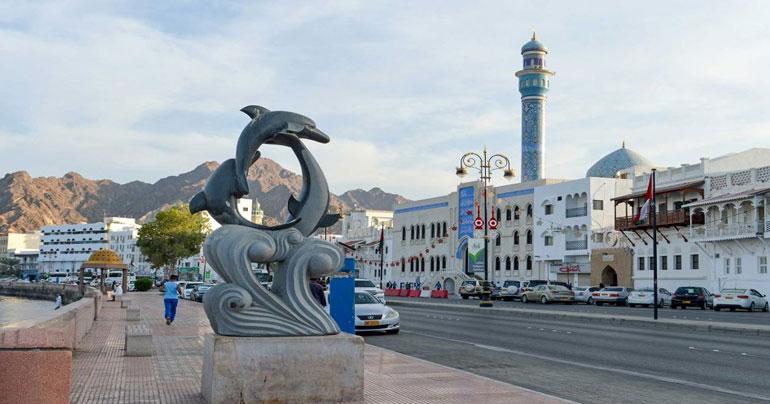Extension of Oman expat visa ban to affect specialised jobs
Oman’s decision to extend the ban on hiring expatriates for another six months has prompted concerns about the ability to fill roles in key sectors.
“Expats are important to our country’s growth, especially in newer sectors such as renewable energy where we cannot get qualified employees,” Nasser Al Maqbali, assistant manager for business development at MENA HR Solutions, told Arabian Business.
“We require help from outside the country; we need to exchange experience.”
Between November and January, the Ministry of Manpower (MoM) imposed a series of six-month bans on the hiring of foreigners in multiple industries affecting 95 types of jobs.
The decision to extend those hiring freezes by another six months was announced on May 27, in a bid to create more job opportunities for Omani nationals.
The ministry noted that the ban does not extend to the replacement of existing foreign employees in the private sector.
The hiring ban is the latest in a series of initiatives by the Omani government to reduce high unemployment, which rose to 16.9 percent in 2017 on the back of low oil prices and lower revenues.
Last October the government announced that it would begin creating 25,000 new jobs from December, with 60 percent of those jobs being created in the public sector, plus a drive to employ nationals in the private sector.
However Al Maqbali noted that this has prompted concern from some clients about filling roles.
“Clients are coming to us and they are finding it very difficult [to hire]. And there are times when we can’t do anything for them. We’ve had many calls, many enquiries but it’s difficult for everybody.”
Technical roles
David Mackenzie, managing director at Mackenzie Jones Middle East, based in Dubai, also said the hiring ban was causing issues in certain sectors.
“As an example, there is a field within HR called compensation and benefits, which is quite a technical role that Omanis have never been trained to do. We’re trying to fill two roles at the moment and we just can’t find anyone.”
He added that banning expats in the sectors where nationals don’t have experience was not an ideal solution.
“It’s not fair on the national who will fail and it doesn’t work for the company itself because it won’t make a profit.”
Mackenzie did note that training initiatives announced last year to encourage employment were likely to have a positive impact.
“The Omani government is forward thinking in this regard. They’ve always used expats to help develop their local talent and have been very successful at doing that.”
He also noted that this applied to female employment. “The Omanis have done it very quietly without making a big fuss, but they are pushing women into senior roles and that is to be applauded.”
Omanisation in the private sector increased to 12.1 per cent in 2017, from 11.4 per cent in 2015, according to MoM data.
Share This Post






